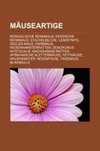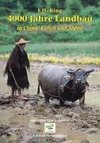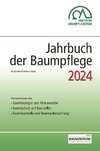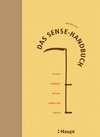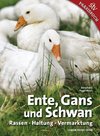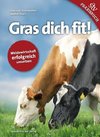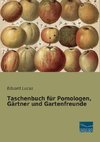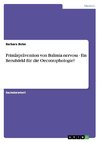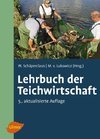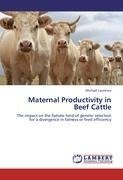
-
 Anglický jazyk
Anglický jazyk
Maternal Productivity in Beef Cattle
Autor: Michael Laurence
Beef cows, particularly as part of seed stock and cow/calf enterprises, are farmed extensively in temperate environments in southern Australia. The fundamental premise of a productive beef enterprise is a calving interval of 365 days. However, production... Viac o knihe
Na objednávku, dodanie 2-4 týždne
73.17 €
bežná cena: 81.30 €
O knihe
Beef cows, particularly as part of seed stock and cow/calf enterprises, are farmed extensively in temperate environments in southern Australia. The fundamental premise of a productive beef enterprise is a calving interval of 365 days. However, production system efficiency can also be determined by comparing inputs, namely megajoules of energy in the form of food, to outputs, namely the number of kilograms of beef sold each year. This thesis examined two heritable and economically desirable traits and the impact that selection to improve these traits had on beef herd productivity - defined in this thesis as Maternal Productivity. Selection for reduced fatness, achieved by selecting animals on the basis of low Rib Fat EBVs, can increase profitability because of consumer demand for lean meat and because sellers of cattle for slaughter are penalised if the carcasses have too much fat on them. Selection for an improvement in feed-efficiency through the trait Net Feed Intake (NFI) can improve profitability because it allows an increase in stocking rates or a reduction in the number of megajoules supplied to the herd for the same level of production.
- Vydavateľstvo: LAP LAMBERT Academic Publishing
- Rok vydania: 2011
- Formát: Paperback
- Rozmer: 220 x 150 mm
- Jazyk: Anglický jazyk
- ISBN: 9783845408064

 Nemecký jazyk
Nemecký jazyk 